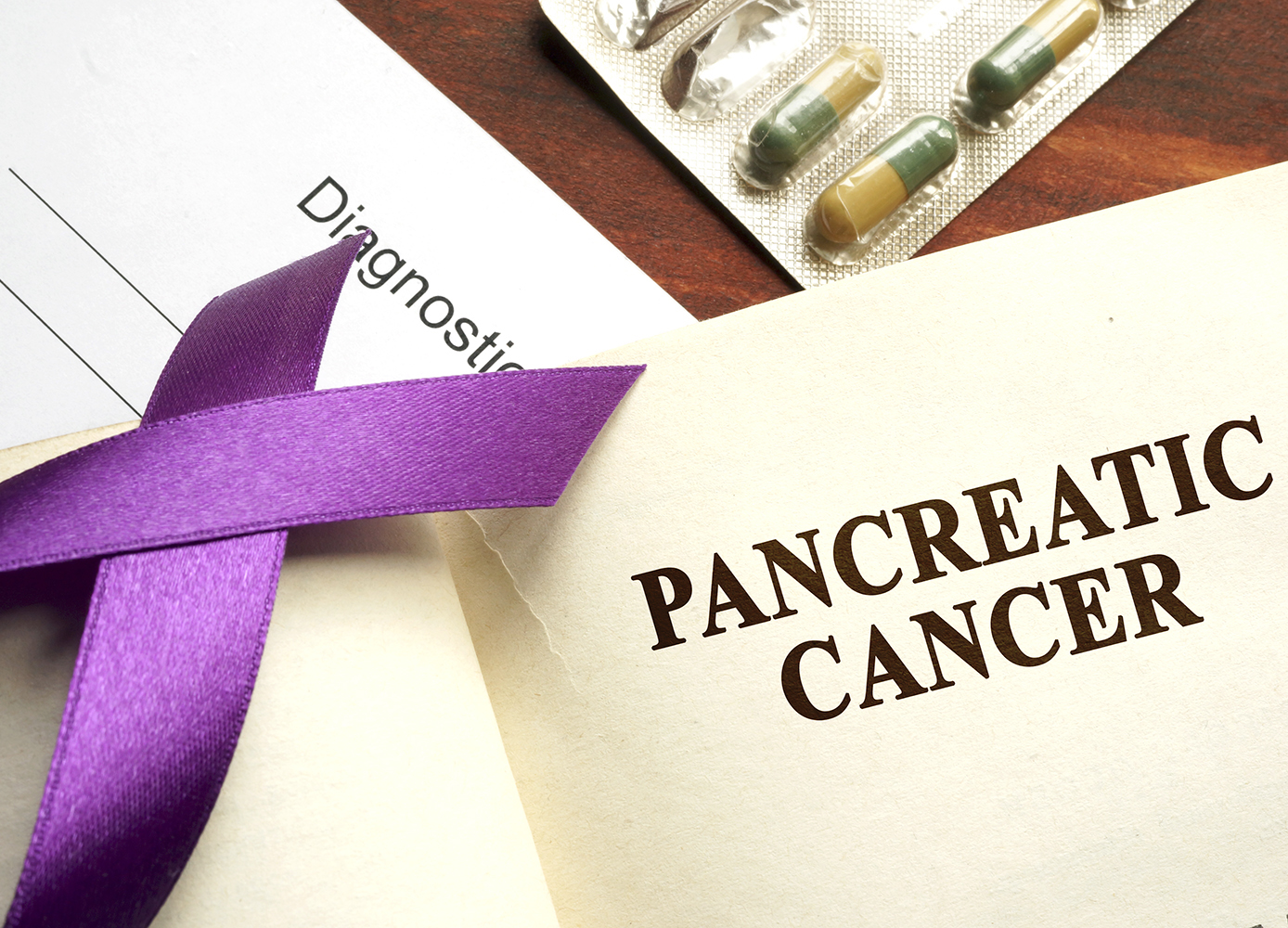Pancreatic cancer is one of the most deadly forms of cancer, but you can do something to reduce the odds that you’ll ever get it
By Katrina Caruso
Pancreatic cancer is relatively rare: according to the Canadian Cancer Society, an estimated 5,500 Canadians were diagnosed with pancreatic cancer in 2017, 2,800 men and 2,700 women. The cancer resulted in 4,800 deaths, evenly spilt between men and women. But the incidence of the disease is on the rise.
The leading risk factor for cancer of the pancreas is cigarette smoking, accounting for 20–25% of diagnosed cases, but even though fewer and fewer people are smoking, experts have projected that by 2030, pancreatic cancer will be the second most deadly cancer—after lung cancer—in the United States (and most probably in Canada, too). While other forms of cancer such as lung cancer and breast cancer are more likely than ever to be treated successfully, we still have a lot to learn about pancreatic cancer.
Because the cancer is hard to detect, it’s often not diagnosed until it’s very advanced, and people often die from it within months of a diagnosis. Generally, the cancer is discovered accidentally, after a body scan or an unrelated surgery. The disease is very resistant to treatment and can be difficult to remove surgically, as the pancreas is close to very large blood vessels.
What can be done? In addition to smoking, a number of other risk factors are related to lifestyle: obesity, Type 2 diabetes, and metabolic syndrome. (Metabolic syndrome is the condition you have if you have at least three of five risk factors for heart disease: obesity, high blood pressure, high glucose levels, high triglycerides, and low HDL (“good”) cholesterol.) Diet and exercise are keys to avoiding and managing all of these. (Other risk factors include old age, being of African or Ashkenazi Jewish descent, and a family history of pancreatic cancer.)
Some studies have suggested that metformin, a drug used to treat Type 2 diabetes, may be useful in treating pancreatic cancer and even in preventing tumours in people with diabetes.
Meanwhile, a good course of action is to lower your risk by eating right and getting enough exercise—and not smoking.
Photo: iStock/designer491.






